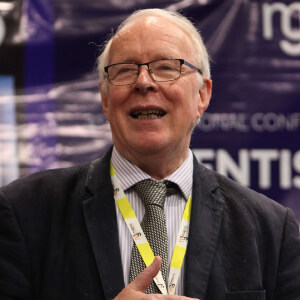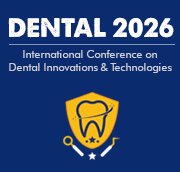Dental Bridge
A dental bridge is a fixed dental restoration, commonly made of porcelain fused to metal, used to replace one or more missing teeth. It is typically faster and less expensive than dental implants and is a fairly common procedure in many dental practices. The bridge is held securely in place by connecting to the teeth surrounding the space. This is known as abutment teeth. A bridge can only be used if the adjacent teeth have sufficient bone support and are in good condition. If the teeth are decayed or weakened, they may need to be restored (filled, crowned, or endodontically treated) before the bridge can be placed. In addition, the gum tissue should be healthy. The bridge process typically takes two to three visits. During the first visit, the abutment teeth are prepared by removing several millimeters of enamel to create space for the bridge. This helps ensure that the crowns fit the teeth correctly and the bridge fits snugly between the teeth. After the teeth are prepared, the dentist will take an impression of the teeth for the laboratory to construct the bridge. Then a temporary bridge is placed until the customized bridge returns from the lab. At the second visit, the temporary bridge is removed and the permanent bridge is checked and adjusted. The color, shape, and fit of the bridge are checked. The bridge is then cemented onto the prepared teeth. A bridge can last many years, however it is important to have regular checkups with your dentist in order to keep the abutment teeth and gum tissue healthy. Good oral hygiene is also essential to prolong the life of the bridge. This includes brushing, flossing, and having professional dental cleanings. Riverview Dental Clinic also provides you with a home care kit to help maintain your bridge.

David Geoffrey Gillam
Queen Mary University of London, United Kingdom
Zvi Loewy
New York Medical College, United States
Khamis A Hassan
Global Dental Research Centre, Canada
Laurindo Moacir Sassi
Erasto Gaertner Hospital Cancer Center and Mackenzie Evangelical University Hospital, Brazil
Arnaldo Castellucci
Dr. Castellucci MD, DDS, Italy
Yasser Khaled
Marquette University, United States



Title : Efficacy of a biomin F toothpaste compared to conventional toothpastes in remineralisation and dentine hypersensitivity: An overview
David Geoffrey Gillam, Queen Mary University of London, United Kingdom
Title : Knowledge and attitudes of dental professionals in the evaluation of Molar Incisor Hypomineralisation (MIH): Awareness, diagnosis and treatment approaches: An overview
David Geoffrey Gillam, Queen Mary University of London, United Kingdom
Title : The coordinated triad of spatial temporal and biomechanical strategies managing the where when and how of shrinkage stress in bulk fill resin composite restorations
Khamis A Hassan, Global Dental Research Centre, Canada
Title : Dental treatment of 1500 young children under general anesthesia
Jaap Boehmer, Rijnstate Hospital, Netherlands
Title : Enhancing root canal success strategic use of orifice opener one step synthesis gels orifice barriers
Emmanuel Samson, Consultant Total Dental Care, India
Title : Importance of clinical pharmacokinetics of medications in the postoperative period of patients undergoing dental surgical procedures
Vitoldo Antonio Kozlowski Junior, Ponta Grossa State University, Brazil